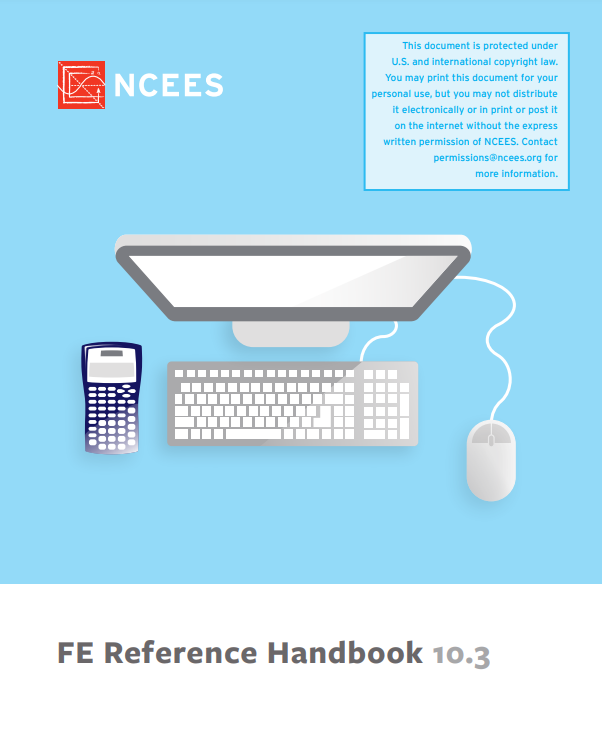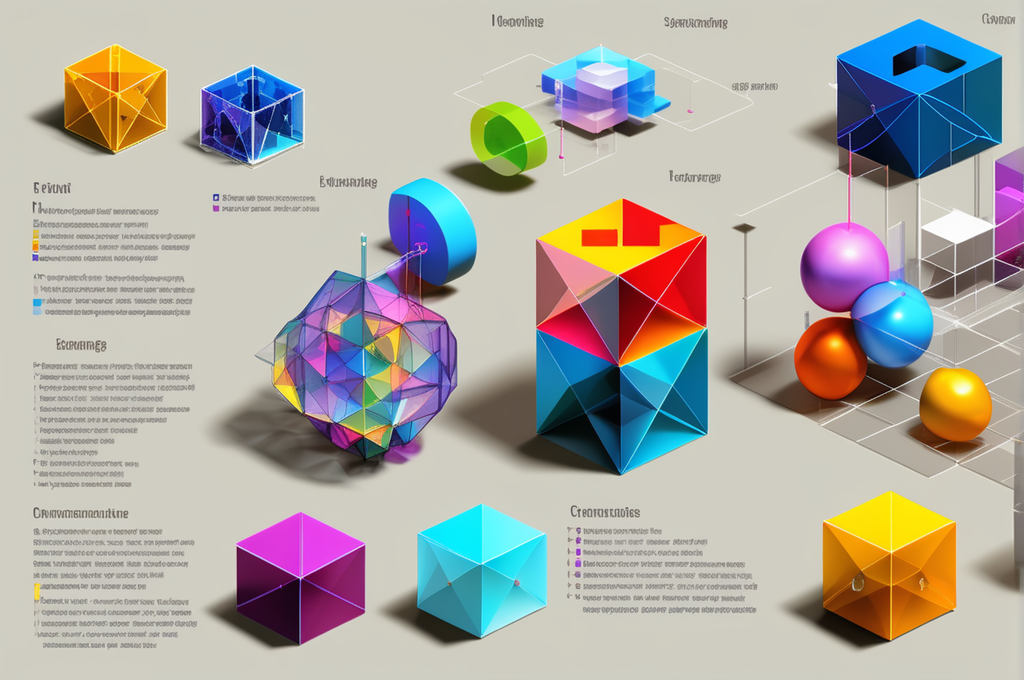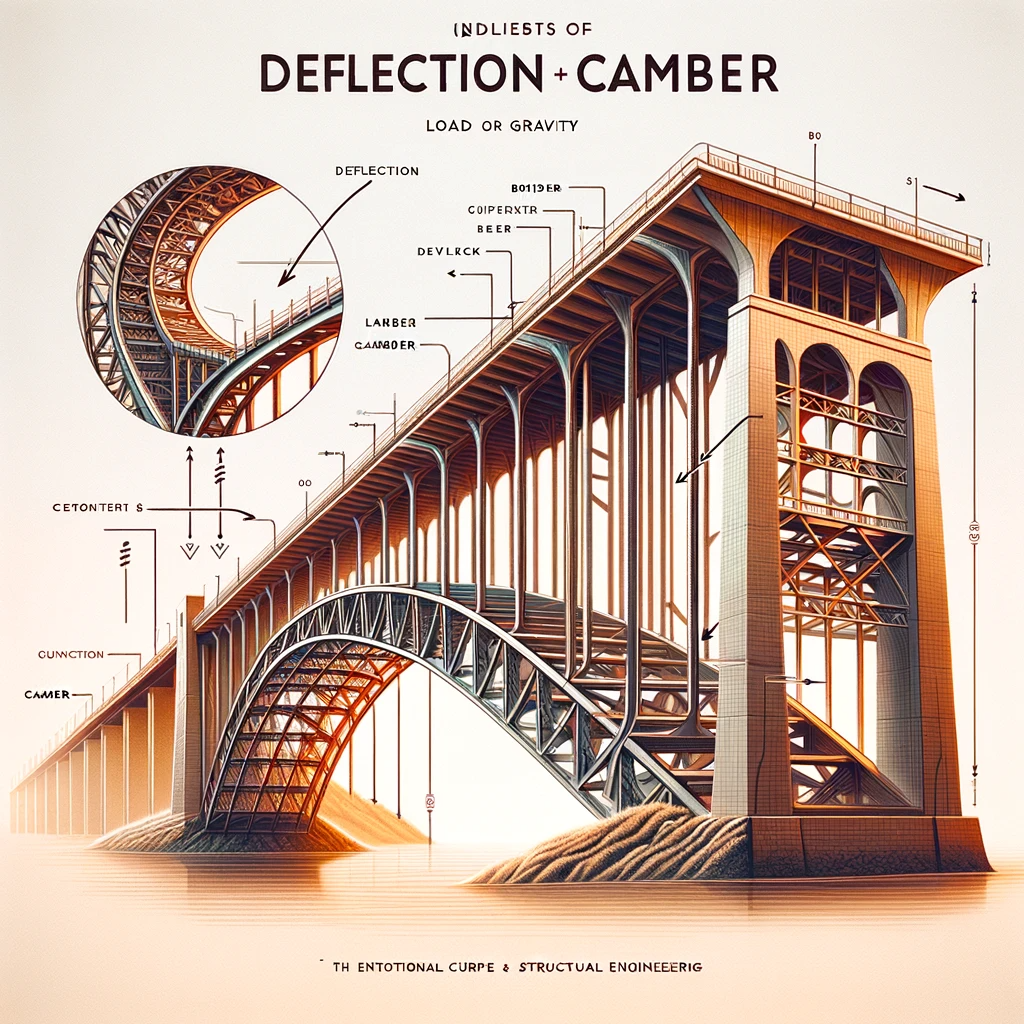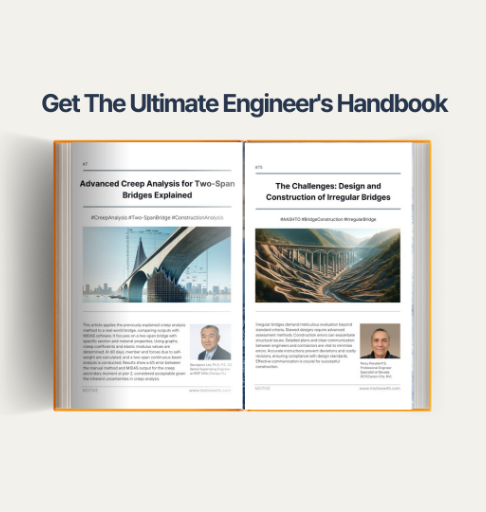Intro
Have you heard about the Fundamentals of Engineering (FE) exam, which engineers commonly take in the United States before obtaining a P.E. license? The FE exam is a prerequisite that must be passed to take the Principles and Practice of Engineering (PE) exam, that you must take to obtain a P.E. License. Today's content is based on the YouTube channel "Kestävä," run by Richard Racz. I'll introduce the basic information about the FE exam and share preparation tips from Richard, who initially failed but later passed the FE exam easily.
What is FE Exam?
The table below summarizes the differences between the FE exam and the PE exam.
|
FUNDAMENTALS OF ENGINEERING (FE) EXAM |
PRINCIPLES AND PRACTICE OF ENGINEERING (PE) EXAM |
|
|
Summary |
First step in the process of becoming a licensed professional engineer (P.E.). |
Test for a minimum level of competency in a particular engineering discipline. |
|
Requirements |
Graduate of an EAC/ABET accredited engineering curriculum of four years or more or currently enrolled and in your final two semesters (or equivalent) of an EAC/ABET accredited engineering curriculum. |
Successfully complete the Fundamentals of Engineering (FE) Exam. Four years of work experience under a P.E. |
|
Number of Questions / Duration |
110 questions / 6 hours |
80 questions / 9 hours |
|
Exam Fee |
$225 |
$400 |
|
Reference Website |
FE Exam | NCEES |
PE Exam | NCEES |
Now, let's explore 3 tips for passing the FE exam based on Richard's experience.
1. It’s not about the memorization
 FE Reference Handbook, you can download it at NCEES
FE Reference Handbook, you can download it at NCEES
All engineers taking the exam receive the same handbook, and to pass the exam, you must use the provided handbook. Richard made a mistake by not referring to this handbook PDF when solving practice problems. Instead, he studied based on his university major knowledge and memorized solution methods.
This was the wrong approach. One common thing between the PE and FE exams is that they are not memory tests Whether you're a junior engineer or still a student, the ability to quickly and effectively find and apply information from the provided handbook is crucial. That's all there is to it – that's engineering. You can't memorize solutions to every problem, and, in most cases, each problem you encounter as an engineer is entirely unique. You need to have the confidence and knowledge to find the information and know where to find it. That is the key to passing the FE and PE exams. So, you must study based on the provided handbook.
2. Familiarize Yourself with the Structure of Reference Materials
The answer to the problem is somewhere in the provided handbook. He accepted this concept to pass on his second attempt. He practiced the problems again, solved more, and started thinking, "This problem is related to XX. Where should I reference in the handbook?" When he started a problem, he thought about where to find the formulas or information needed to solve it in the handbook PDF.
Instead of memorizing every formula, every line, and every piece of text in the book, he memorized how the book was organized, how it was laid out, and where each piece of information was located. That was the key to success for him on his second attempt, and once the concepts became clear, the exam became really easy for him.
3. Prepare an approved calculator

In the FE exam, only specific calculators are allowed. The following calculator models are the only ones acceptable for use during the 2024 exams:
- Casio: All fx-115 and fx-991 models (Any Casio calculator must have “fx-115” or “fx-991” in its model name.)
- Hewlett Packard: The HP 33s and HP 35s models, but no others
- Texas Instruments: All TI-30X and TI-36X models (Any Texas Instruments calculator must have “TI-30X” or “TI-36X” in its model name.)
The list of approved calculators changes every year, so if you are reading this in 2025, please click the link above to check the calculators allowed for that year. If you arrive at the exam site and find that your calculator is missing from your bag, you may panic. While you can use the computer's built-in calculator program with a mouse, it may not be helpful when time is running out. Make sure to prepare and bring an approved calculator in advance.
Conclusion
Richard shared his experience with the hope of inspiring other FE exam takers. While his video was focused on the FE exam, the tips he discussed are similarly applicable to the PE exam.
If you want to directly see his vivid experiences and words of encouragement for engineers preparing for the exam, which I haven't introduced in this article, please click the link below to visit his YouTube channel. The YouTube channel Kestävä covers the following contents.
Link to his original video that became the MOTIVE of the this content :
Why I FAILED the F.E. Exam | Then How I Passed it EASILY | Civil Engineering
-
Civil PE Exam review example problems and best practices to pass the PE exam
-
Insights and real world design examples in professional engineering
-
Design of wood | steel | concrete | and masonry structures
-
Helping young engineers advance their engineering careers
NOTE
For you information, in his original content, he mentioned that you could take any material to the PE exam. However, the PE exam now doesn't allow you to bring other materials. The PE exam has transitioned to CBT, and all NCEES exams are now CBT. You cannot bring reference materials to the exam; everything you need for the exam will be provided.
References
Kestävä : www.youtube.com/@Kestava_Engineering
Exams | NCEES : ncees.org
Civil FE Exam and Course Guide : civilengineeringacademy.com
/Richard%20Racz%20240_240.png)
My name is Rich, and I'm a licensed civil engineer with a B.S and M.S. from the University of Massachusetts Amherst. I've designed structures for coastal floods, hurricane force winds, active seismic zones, and some of the country’s highest snowfall. I've designed a wide range of building structures using conventional wood, mass timber, steel, concrete, and masonry.
Youtube : Kestävä
LinkedIn Profile: Richard Racz
※ If you click on the keywords below "Topics," you can view related contents.







/%EC%9E%91%EC%9D%80%EC%97%B0%EB%AA%BB_400_400.png)

